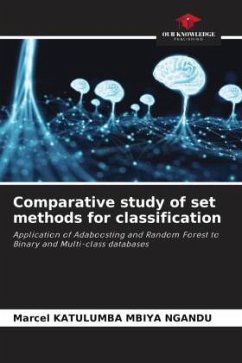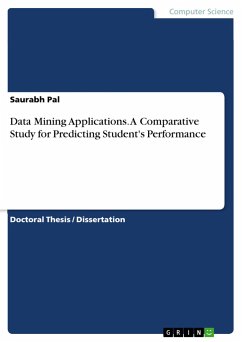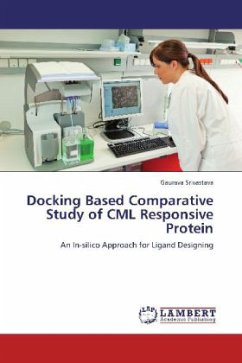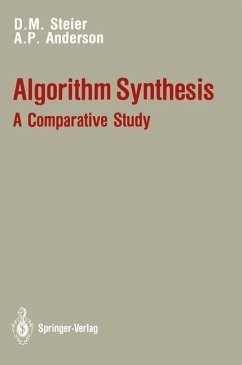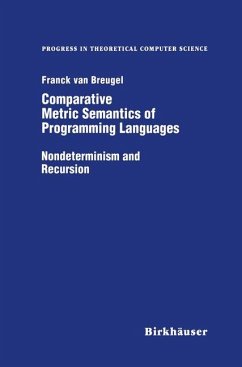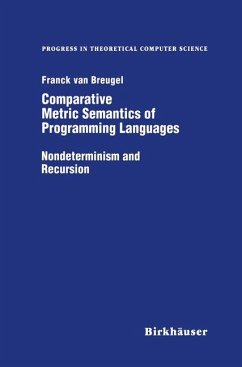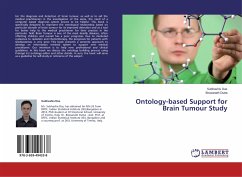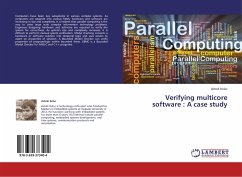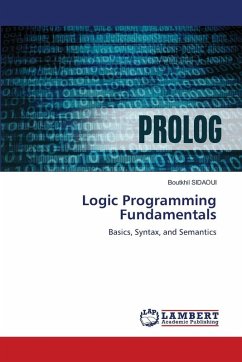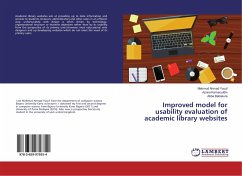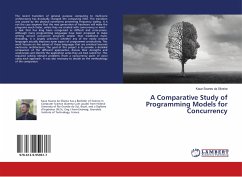
A Comparative Study of Programming Models for Concurrency
Versandkostenfrei!
Versandfertig in 6-10 Tagen
22,99 €
inkl. MwSt.

PAYBACK Punkte
11 °P sammeln!
The recent transition of general purpose computing to multi-core architectures has drastically changed the computing field. This transition was caused by the physical constraints preventing frequency scaling. It is not the case anymore that the next generation of hardware will make the programs much faster, unless they are created with concurrency in mind - a task that has long been recognized as difficult and error-prone. Although many programming languages have been proposed to make writing correct concurrent programs simpler than traditional multi-threading, it is largely unknown whether an...
The recent transition of general purpose computing to multi-core architectures has drastically changed the computing field. This transition was caused by the physical constraints preventing frequency scaling. It is not the case anymore that the next generation of hardware will make the programs much faster, unless they are created with concurrency in mind - a task that has long been recognized as difficult and error-prone. Although many programming languages have been proposed to make writing correct concurrent programs simpler than traditional multi-threading, it is largely unknown whether any of the newly created languages actually improves some aspect of programmer productivity. This work focuses on the subset of those languages that are oriented towards multi-core architectures. The goal of this project is to provide a detailed comparison of the different approaches, discuss their strengths and weaknesses and identify the application areas they are best suited for. This required solving relevant problems (from a concurrency point of view) using each approach. It was also necessary to decide on the methodology of the comparison.



